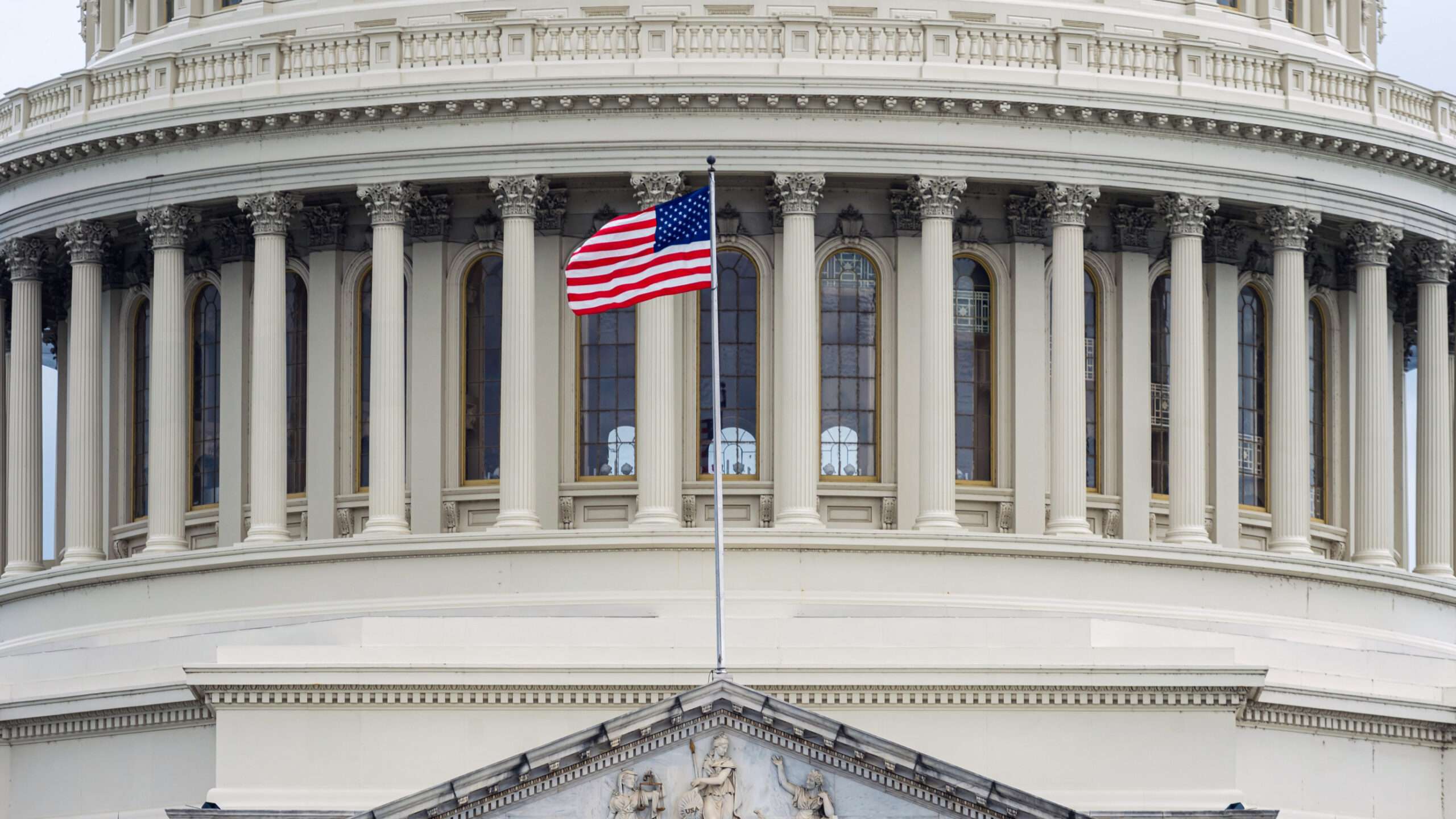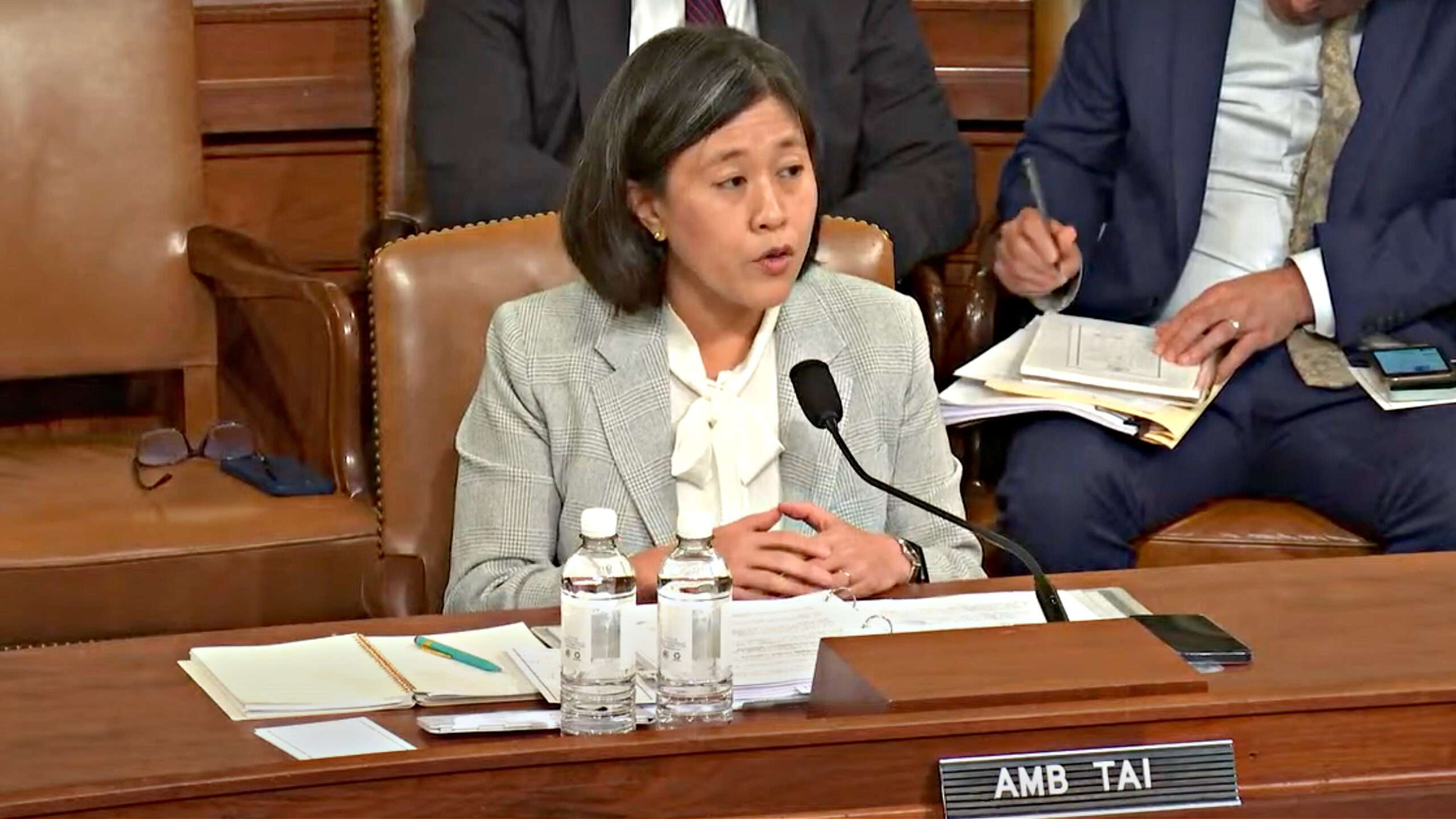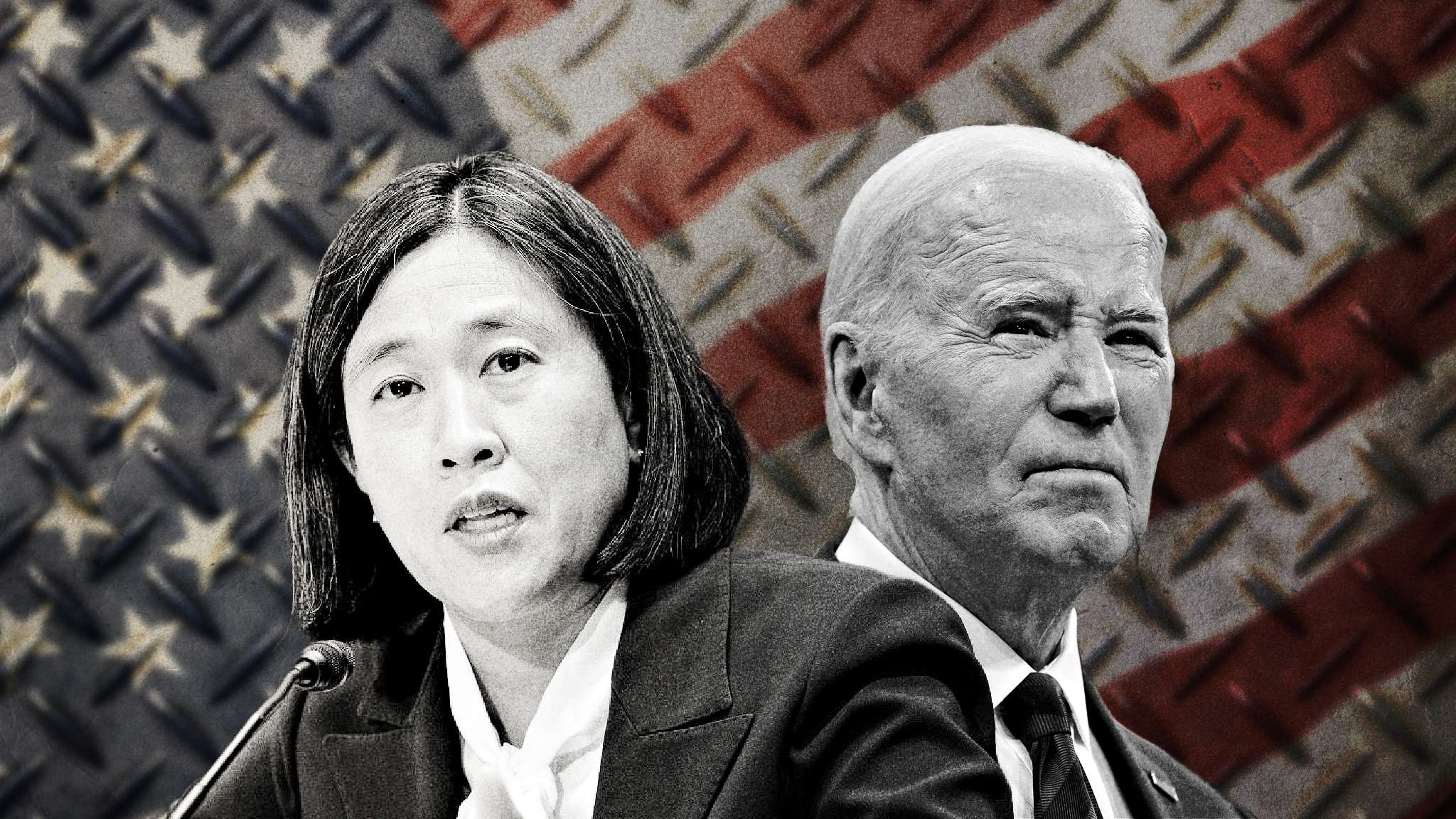President Trump declared that China’s efforts with North Korea have failed. Tesla, despite Elon Musk’s prior commitment to USA made electric cars, announced that it is in talks to build a plant in Shanghai. It may be time to shift America’s China strategy away from diplomacy towards actions we can take without negotiations.
After campaigning aggressively against China’s nationalistic and economic aggressiveness, the Trump Administration decided to try more standard diplomacy. North Korean missile testing was a very important backstory. In April, China agreed to help prevent Kim Jong Un from conducting more nuclear missile testing. The Trump administration did not declare China a currency manipulator in April.
In May, the Trump Administration’s negotiations with China resulted in a “100-day plan”. China agreed to buy US beef and allow more financial services to be sold there. The US agreed to sell LNG to China.
US officials believe that this is a chance to test whether China would now live up to its commitments. Critics say this is just a reboot of the Bush and Obama’s past Strategic and Economic Dialogue in which China promised much and delivered little.
Last week Trump tweeted that China’s effort with North Korea has failed.
While I greatly appreciate the efforts of President Xi & China to help with North Korea, it has not worked out. At least I know China tried!
— Donald J. Trump (@realDonaldTrump) June 20, 2017
There is reason to question whether China is doing what it can. Eighty percent of North Korea’s international trade is with China. Crucial technical components in Kim Jong Un’s missiles come from Chinese companies. It is hard to believe the Chinese government has no knowledge of selling critical defense technology to North Korea. China reasonably claims they do not want North Korea to collapse into desperate, failed state status. But have they stopped supplying the components? Is it reasonable to believe North Korea can develop nuclear missiles without Chinese know-how?
Also last week, Ford announced plans to build its popular Focus in China. We also learned that Tesla is in talks to build a plant in Shanghai. Ford has a higher proportion of its supply chain in the US than any other car company. Elon Musk has long been dedicated to an American-based supply chain. So these announcements are not only disheartening but indicate that the US-China trade deficit shows no signs of reversing.
US political and economic leadership continues to be diverted from real trade change to focus instead upon trade agreements. Has China’s export-oriented growth strategy relied upon trade deals? The same question goes for Japan and Germany. The answer is “no.” China, Japan and Germany use domestic policies and strategies to keep their currency values low, keep wages low in relation to productivity, and implement industry subsidization and systematic import deterrence. Their most effective tools require no multilateral negotiations and no compromise.
Foreign auto penetration into the Japanese domestic market remains below 10%, the same as 30 years ago, which is why Ford pulled out of the Japanese market last year. China prevents many foreign goods sales there unless the company manufactures in China and joint ventures with a state-owned firm. The US trade deficit with China continues growing, but Japan, Germany, South Korea and Taiwan have trade surpluses with China due to their domestic currency and competitiveness strategies.
The US Trade Representative’s office will hold three days of hearings, at which I will testify, on North American Free Trade Agreement negotiations. My organization has been critical of NAFTA as have many others. Multinational and foreign companies are hyperventilating about the prospect of NAFTA changes that could hurt them. Leadership of the Senate Finance Committee and the House Ways and Means Committee caution against doing anything rash to harm North American supply chains despite having received no votes from citizens in Mexico and Canada.
While NAFTA has caused much harm since 1994, it is hard to find much relevance between NAFTA renegotiations and the US trade deficit because there are no US plans to address the main drivers of the trade deficit. Reciprocal tariffs are not the issue. We already have reciprocal tariff rates, mostly zero, among NAFTA countries which allowed low-wage Mexico to claim a large part of the formerly US-based auto, electronics and machinery industries. Only disproportionate US tariffs on Mexican imports, which is not in the political cards, is likely to relocate these industries. Another alternative is that Mexico and Canada could agree to stop applying their value added taxes to US imports at their border, another unlikely scenario.
The largest part of the US trade deficit derives from currency misalignment. The dollar is overvalued by 26% in relation to a trade balancing equilibrium price… in other words, the dollar has to be 26% cheaper to get the US to trade balance in the next few years. The overvalued dollar makes excavators from Caterpillar and beef from Cargill 26% more expensive than they should be to foreign buyers. Systematically fixing global currency misalignment and dollar overvaluation is hard to do, and currently unplanned, in NAFTA negotiations when the problem lies in the global system for setting exchange rates.
The Administration should take another look at border adjustable taxes. Speaker Paul Ryan and Ways and Means Chairman Kevin Brady are right that US trade competitiveness is drastically harmed by global value added taxes that are applied to our exports. The best way is to have our own system because we cannot reasonably require 155 other countries to stop.
Congress, the media and business leaders need to stop insisting that the Trump Administration use diplomacy and trade agreements to address the trade deficit. Instead America should pivot towards crafting its version of an export oriented growth strategy using domestic tools and that needs no negotiation or compromise with others. There is a proven path to success and that path requires no permission from other countries.













